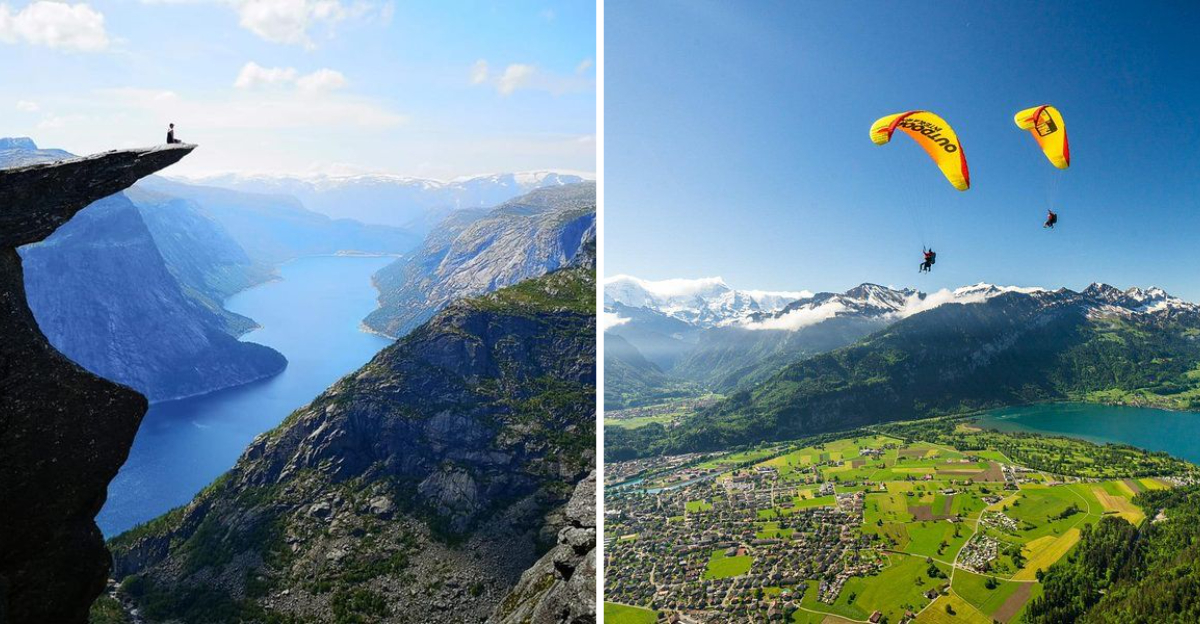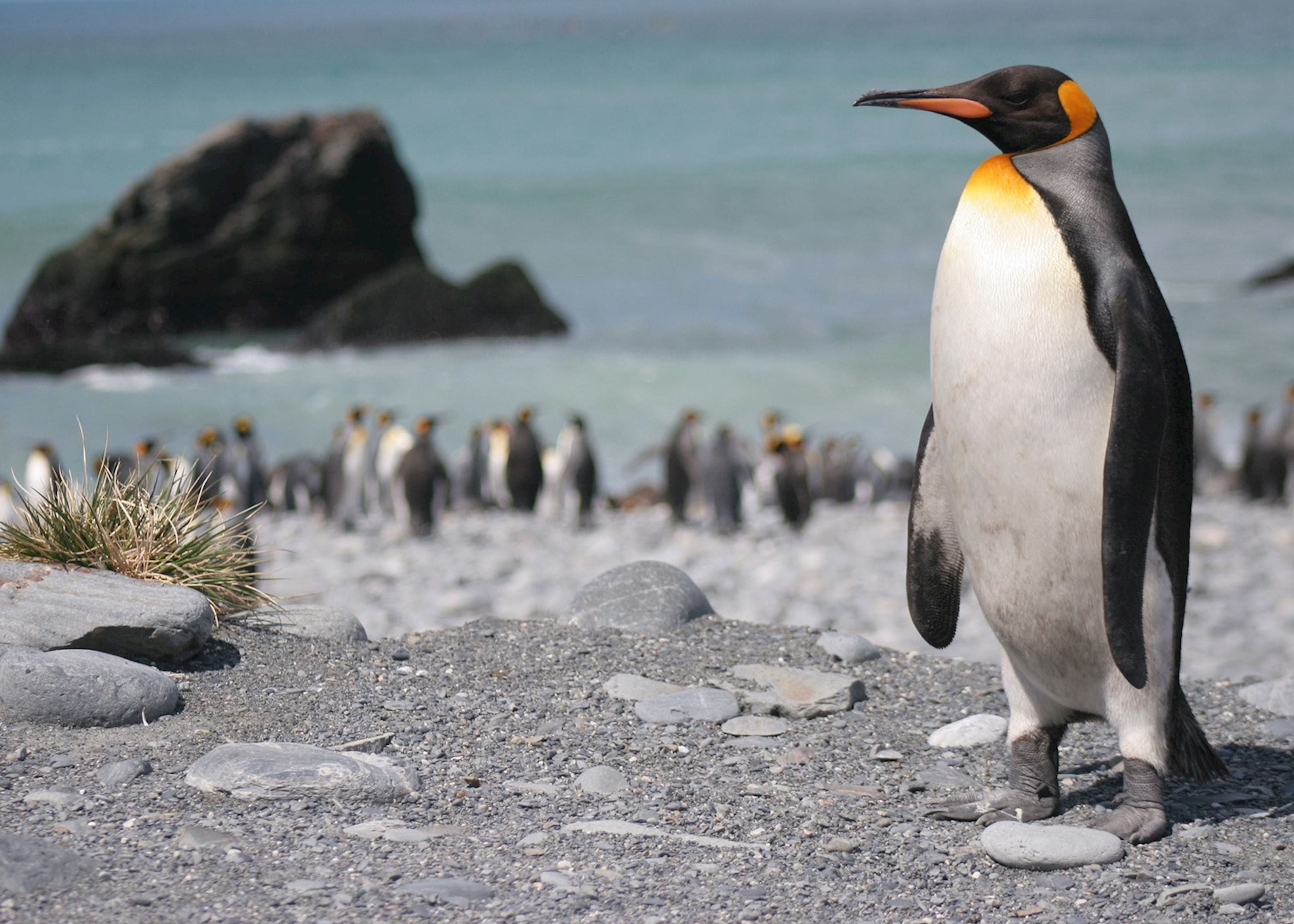Exploring The Extreme: The New Era Of Luxury Tourism Redefines Boundaries In Underwater, Antarctic, And Space Expeditions - Travel And Tour World
Monday, June 23, 2025

Luxury travel is undergoing a phenomenal transformation. No longer restricted to deluxe resorts or idyllic beach escapes, it is expanding to realms hitherto reserved for scientists, adventurers, and curiosity seekers. Both at the ocean depths and at Antarctica’s frigid extremes, and even beyond into the vastness of space itself, the world’s billionaires are finding new ways to savor the world’s most extreme venues—and beyond. But the farther its boundaries of luxury travel extend, the more concerns about sustainability, environmental degradation, and the ethics of these exclusive ventures intensify.
Set against this vibrant background, travelers can now have once-in-a-lifetime experiences that entwine adrenaline-fueled thrill with ultimate VIP treatment. Such extreme projects of tourism not only reshape the luxury travel industry but also spark controversy about whether the sector is ready for a greener tomorrow.
What was once the exclusive domain of marine scientists is now attracting the ultra-wealthy: underwater exploration. Submarine tours, such as those that descend to the Titanic wreck, provide deep-sea experiences that blend history, adventure, and luxury. The Titan submarine, for example, offers journeys to the wreck of the Titanic for around $250,000 per person, giving travelers an exclusive glimpse into the mysteries of the deep ocean.
These underwater expeditions are designed for both exclusivity and safety. Modern submarines are built with advanced, pressure-resistant materials and state-of-the-art navigation systems that ensure a safe voyage deep below the ocean’s surface. Many of these journeys are accompanied by marine experts who provide educational insights into the ecosystems and underwater history that make these voyages so unique.
While these adventures provide unforgettable experiences, there are concerns about their environmental impact. The sound and vibrations from submarines can disturb delicate marine habitats, disrupting wildlife and fragile ecosystems. As the popularity of underwater tourism continues to rise, industry experts are calling for more sustainable practices, urging companies to adopt environmentally friendly technology and reduce their operational footprint.
Antarctica, with its untouched landscapes, penguin colonies, and breathtaking ice formations, is fast becoming a coveted destination for the elite. Luxury tourism companies have begun offering exclusive tours to the frozen continent, blending natural wonder with high-end comfort. Imagine enjoying Michelin-starred meals while staying in heated accommodations surrounded by the world’s most pristine wilderness.
However, the allure of Antarctica’s icy beauty comes with its own set of challenges. The region’s delicate ecosystem demands stringent regulations to minimize the environmental impact of human activity. Only a limited number of travelers are allowed to visit each year, and every excursion is carefully planned to ensure the safety of both the travelers and the environment. Special equipment, including environmentally safe vessels and transport, is used to minimize human interference with the fragile ice sheets and wildlife.
Tour operators must also navigate the unpredictable and extreme weather conditions of Antarctica, ensuring that safety remains a priority. For those seeking adventure with luxury, the continent offers a rare combination of isolation, breathtaking beauty, and unparalleled exclusivity. But it’s a delicate balance that requires constant attention to environmental responsibility.
Space tourism, once the stuff of science fiction, is now a reality. Pioneered by entrepreneurs like Richard Branson, space tourism has quickly become the ultimate symbol of prestige. Private companies like Virgin Galactic offer brief suborbital flights that take passengers beyond the Kármán line, allowing them to experience weightlessness and take in spectacular views of Earth. With ticket prices starting at around €411,500, these space voyages are available to the ultra-wealthy and those willing to pay for the rare privilege of being among the first space tourists.
While the appeal of space tourism is undeniable, the environmental costs are significant. Rocket launches release large quantities of greenhouse gases into the atmosphere, contributing to climate change. As the sector continues to grow, experts and environmentalists are calling for the development of more sustainable technologies. There is a growing recognition that the future of space tourism must consider the ecological footprint of rocket launches, especially as the frequency of space flights increases.
As luxury tourism ventures into these extreme frontiers, the industry faces the dual challenge of delivering exclusive experiences while minimizing environmental impact. The desires of the ultra-wealthy for unique, thrilling adventures must be balanced with the need to preserve the planet for future generations. Industry leaders are increasingly aware of the need for sustainability, not just in the tourism sector but across all industries.
Technological innovations are helping make extreme travel more sustainable, such as the development of electric or low-emission vehicles for Antarctic expeditions and eco-friendly propulsion systems for suborbital flights. However, these technologies are still in their early stages, and there is much work to be done to ensure that luxury tourism does not come at the cost of the planet’s health.
It is also essential for the industry to adopt a more ethical approach to tourism. This includes working with local communities, supporting conservation efforts, and ensuring that tourism activities benefit the areas being visited rather than harm them. As the luxury travel sector continues to expand into extreme environments, it must remain conscious of its broader responsibilities and the long-term sustainability of the destinations it serves.
The world of luxury tourism is venturing into uncharted territory, offering once-in-a-lifetime experiences in some of the planet’s most extreme environments. From underwater expeditions and Antarctic adventures to space tourism, the opportunities for the ultra-wealthy to explore these frontiers are truly extraordinary. However, as this new era unfolds, it is crucial for the industry to address the environmental concerns that accompany such travel. By adopting sustainable practices and balancing adventure with responsibility, luxury tourism can continue to thrive while safeguarding the planet for future generations.
References: Antarctic Treaty System, National Oceanic and Atmospheric Administration (NOAA), Virgin Galactic, International Maritime Organization (IMO), The International Association of Antarctica Tour Operators (IAATO)










